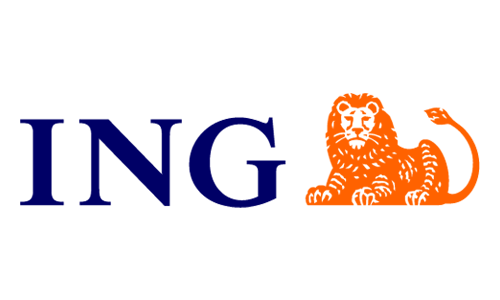Choose the Loan That Best Suits Your Financial Goals

Understanding Fixed Rate Loans
This stability is ideal if you prefer a consistent budget and want protection from market fluctuations.
Predictable Repayments
Protection from Rate Rises
Fixed Term Options
Flexibility
Potential Savings
Offset Accounts
Understanding Variable Rate Loans
This option can lead to potential savings when rates drop and provides additional features such as extra repayments and offset accounts.
Understanding the difference between fixed and variable rate loans
Key Differences & Things to Consider
Repayment Stability vs. Flexibility
Market Trends
Loan Features
Financial Goals & Risk Tolerance
Our Loan Process

Initial Consultation
Loan Comparison
Tailored Recommendation
Application & Approval
Ongoing Support
Understanding Fixed & Variable Rate Loan Options
First Home Guarantee Scheme (FHBG)
First Home Owner Grant (FHOG)
Refinancing Incentives

















Frequently asked questions
Ready to choose the right loan for you?
At Legacy Mortgage Solutions, our experienced brokers are committed to helping you understand the differences between fixed and variable rate loans, including any relevant government initiatives, so you can make an informed decision that supports your financial goals.

Browse our other services
Can't find exactly what you're looking for? Here are some other services that we provide that might be more suitable to your situation:
Investment Loans
Access competitive loan options that can help you maximise your investment returns across your portfolios
Commercial Loans
If you need help to refinance or purchase commercial property, just contact us today to find a solution.
Bridging Loans
A bridging loan may be necessary to cover the financial gap when buying one property before your existing one is sold.
First Home Buyer Loans
Access competitive loan options that can help you start your property journey in Australia, get in touch today.
SMSF Loans
An SMSF loan enables a Self-Managed Super Fund to borrow funds for acquiring investment properties or refinance existing SMSF debt.
Asset Finance
Need finance for another large purchase besides your home like a private car or commercial vehicle and equipment?
Restructuring Finances
Have you recently assessed your overall financial situation, or are you among those who simply set and forget?
Development Funding
Development funding offers a range of financial options tailored to help you successfully complete your project.
Join our newsletter
Not sure what kind of loan you need?
The major benefit of using a broker to finance other large purchases besides property is obtaining finance that is tailored to fit your current financial circumstances and needs. With depreciating assets, the right finance can also potentially save you money on interest and fees, or potentially help you maximise your tax benefits. AND MORE – Not sure what kind of loan you need for your current financial circumstances? That’s our job. We deliver tailored finance solutions chosen from a panel of leading lenders, and give you peace of mind that your loan is working for you. Contact us today to find out all the ways we can help you.




.png)



